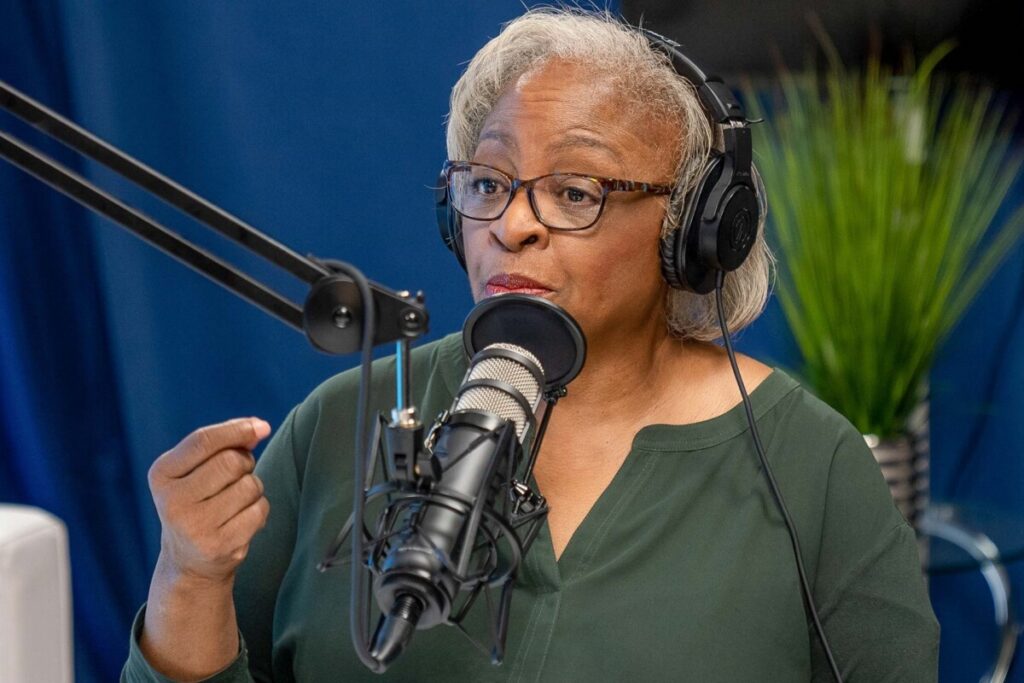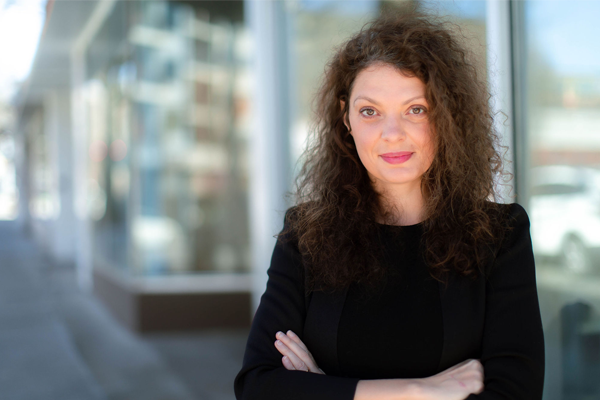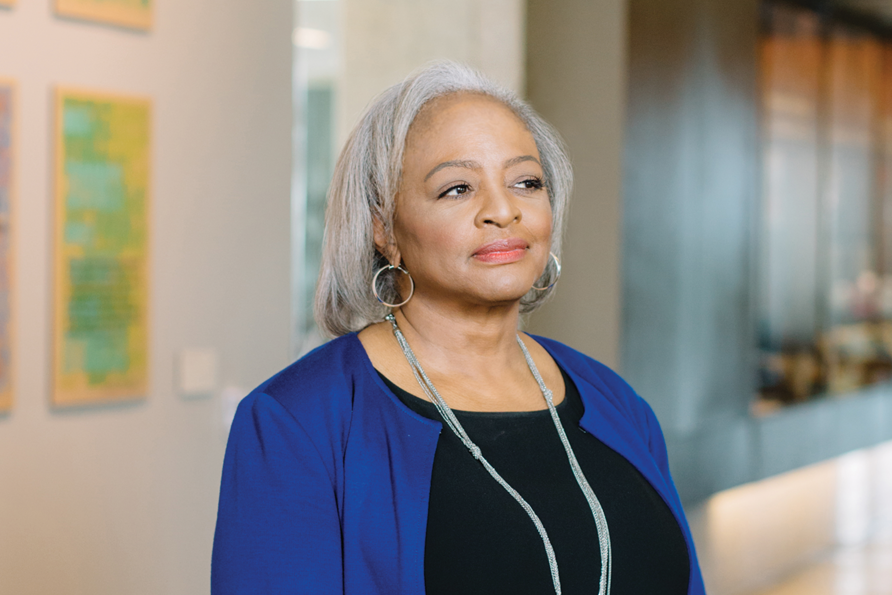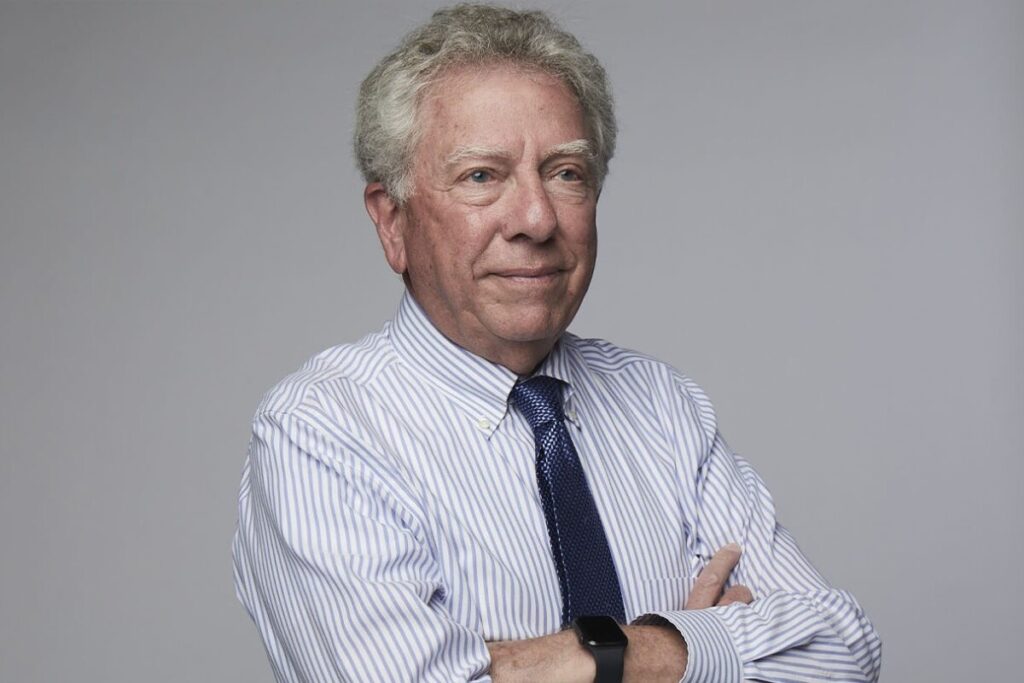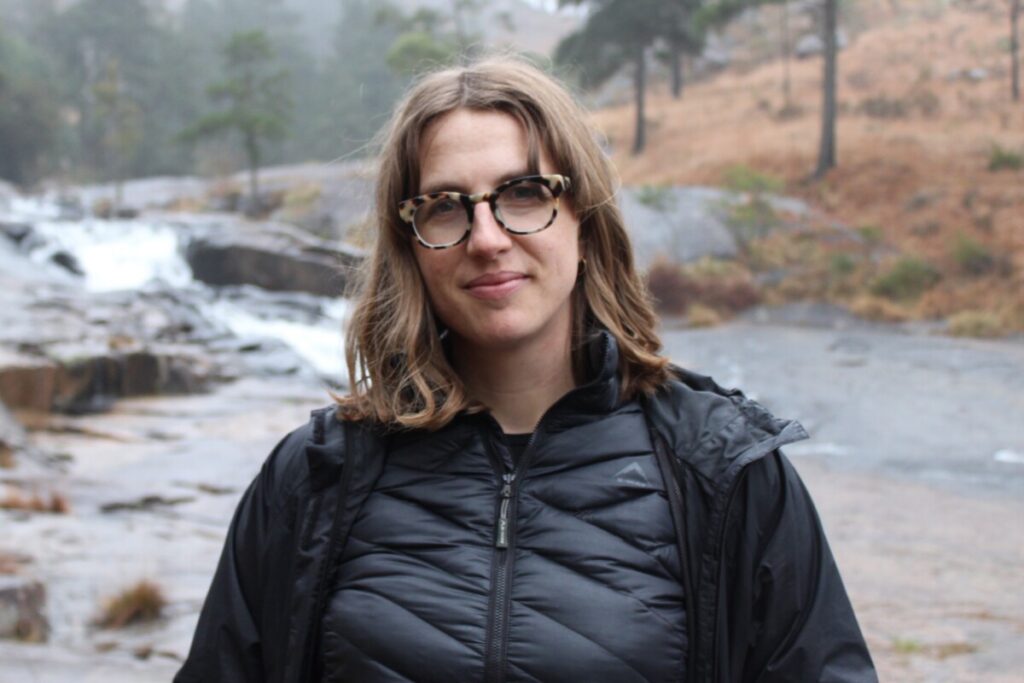
African history graduate student Anjuli Webster has published two new articles drawing on her doctoral research. The first, a short piece titled “Water and History in Southern Africa,” was published as an Open Access “History Matters” contribution in the Journal of African History. The second article, titled “Inter-Imperial Entanglement: The British Claim to Portuguese Delagoa Bay in the Nineteenth Century,” appeared in the Journal of World History. Webster wrote the original version of this article in the graduate student seminar (HIST 584) and under the supervision of Drs. Clifton Crais and Jason Morgan Ward. Webster thanks the Research Workshop in History at Emory for support in the process of revisions and the History PhD program for funding image reproduction fees.
Webster’s dissertation, “Fluid Empires: Histories of Environment and Sovereignty in southern Africa, 1750-1900,” explores transformations in sovereignty and ecology in southern Africa during the 18th and 19th centuries. She has won many grants for her research, including from the American Society for Environmental History, Harvard Center for History and Economics, the Luso-American Development Foundation, and Emory’s “Visions of Slavery” Mellon Sawyer Seminar.
